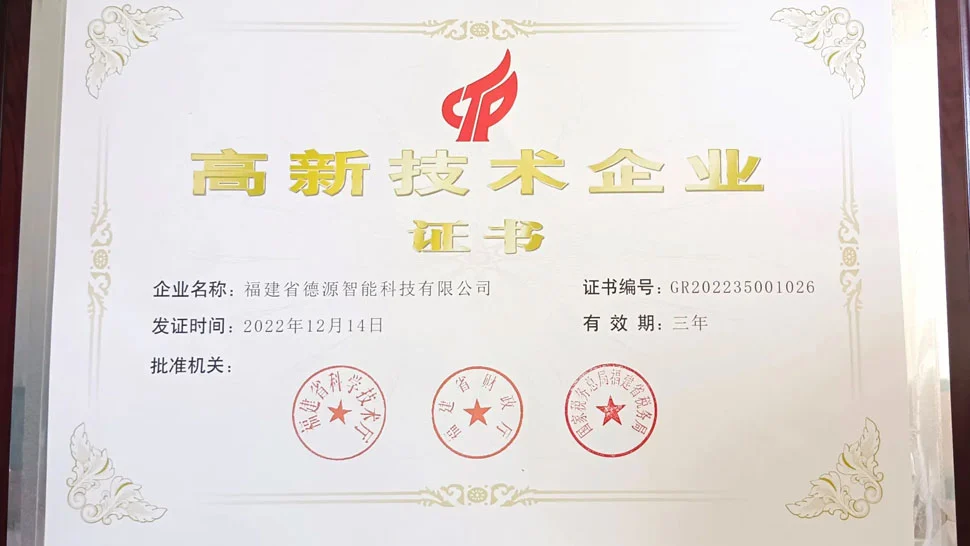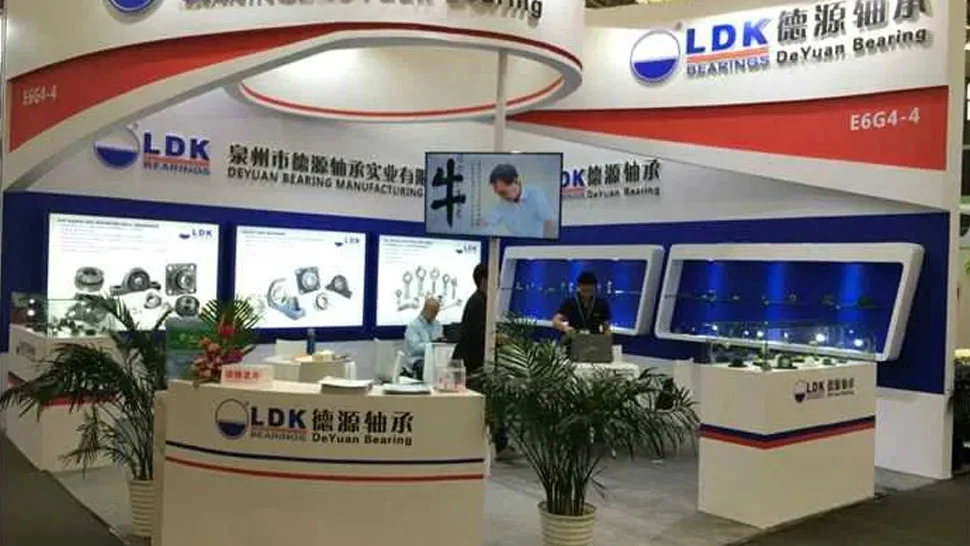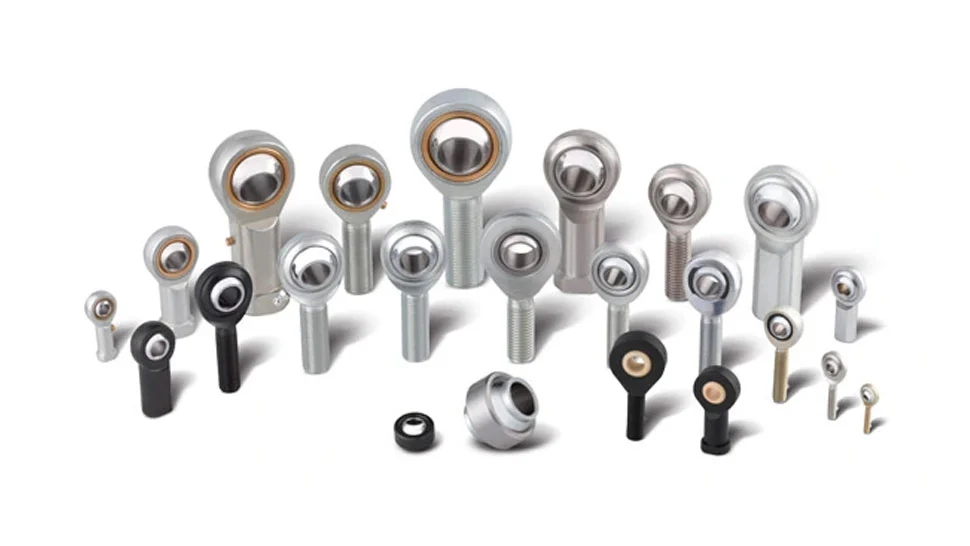In the food processing industry, equipment reliability and safety are crucial. Bearings used in production lines directly affect production efficiency, equipment stability, and product quality. So, how do food-grade bearings differ from other types of bearings? Why is it so important to choose food-grade bearings in the food industry? Let’s explore this question in detail.
Food-grade bearings are made from corrosion-resistant, anti-oxidation materials such as stainless steel or special plastics. These materials protect the bearings from food-related moisture, oils, acids, and other substances. They can also withstand high temperatures, washing, and disinfection processes involving high-pressure water and chemical cleaners.
In contrast, other type of bearings (such as industrial bearings) often use high-carbon chrome steel materials or different surface treatments to achieve basic corrosion protection requirements, but these bearings may not have sufficient corrosion and oxidation resistance and are susceptible to damage, especially in humid or chemical environments.

Food-grade bearings must meet food safety standards, such as FDA and NSF certifications. These certifications ensure that the bearings do not release harmful substances when in contact with food, preventing contamination.
Industrial bearings do not have these safety certifications and cannot guarantee that they won’t pose risks when in contact with food.
Food processing, especially during heating and cleaning stages, exposes equipment to high-temperature steam and high-pressure water. Food-grade bearings are designed to perform under these extreme conditions without damage.
Industrial bearings, on the other hand, often cannot handle such high temperatures and are unsuitable for high-pressure cleaning environments.
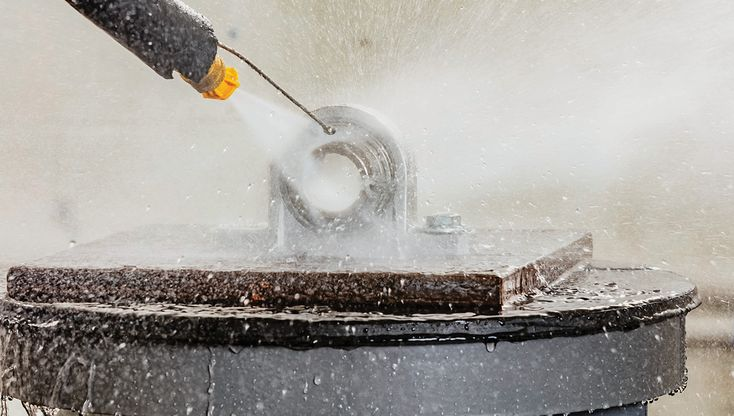
Food-grade bearings are designed with durability and ease of cleaning in mind. As a result, they generally have a longer service life, reducing downtime and maintenance frequency. In contrast, industrial bearings in food processing environments may wear out, corrode, or fail more quickly, leading to higher maintenance costs.
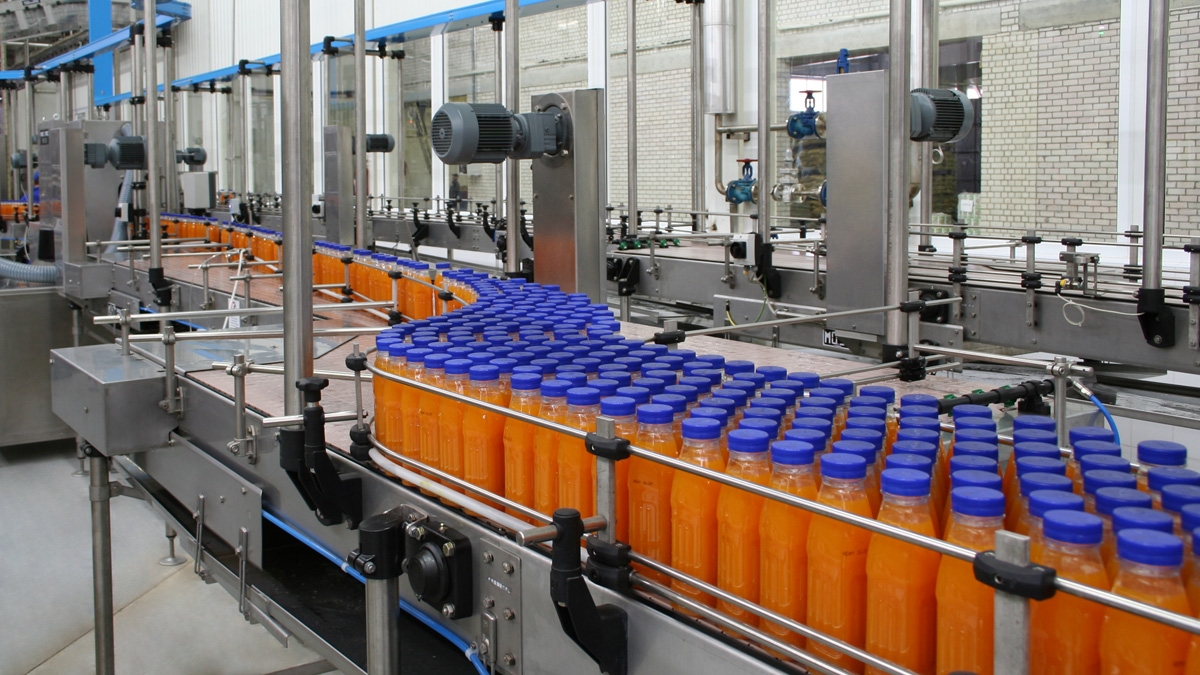
LDK Food-Grade Bearings stand out for their exceptional technology and quality, making them a trusted partner in the food processing industry. Here are the six core advantages of LDK Food-Grade Bearings:
Strict Food Safety Certifications
All LDK Food-Grade Bearings meet international food safety standards such as FDA and NSF. This ensures no harmful substances are released during food processing, maximizing food safety.
High-Quality Durable Materials
LDK Food-Grade Bearings are made from premium stainless steel and speciality engineered polymers, offering excellent corrosion and oxidation resistance. They can operate reliably in moist, acidic, and alkaline environments, extending the lifespan of equipment.
Innovative Lubrication Technology - Solid Lube
LDK Food-Grade Bearings use eco-friendly lubricants that comply with food safety standards. Their advanced lubrication system effectively reduces grease leakage and contamination, keeping the bearings well-lubricated and lowering maintenance costs.
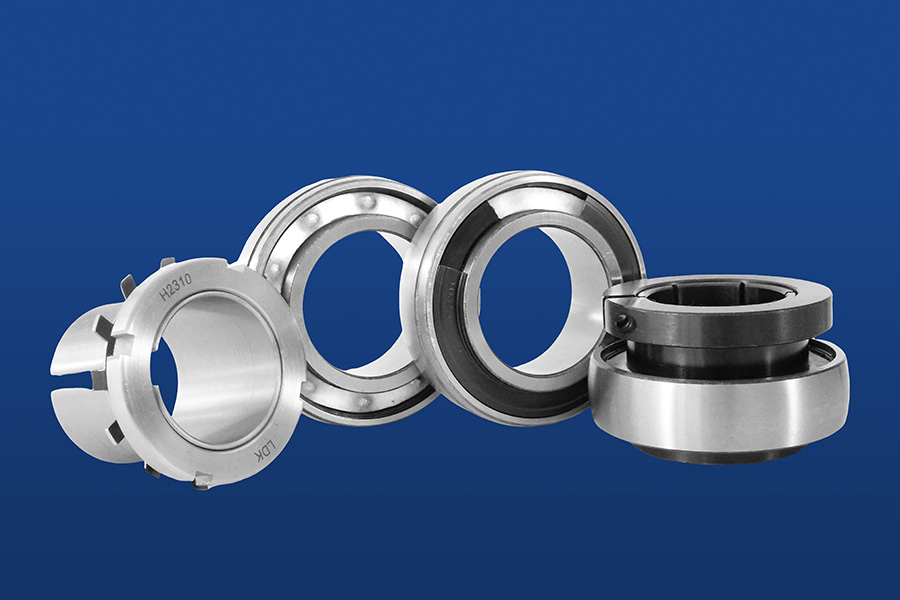
Superior Sealing Design
LDK Food-Grade Bearings feature exclusive seal design that prevents detergents, moisture, and contaminants from entering the interior of the bearings. This enhances cleanliness and prolongs the bearing's life, reducing maintenance frequency.
High-Temperature and Cleaning Resistance
LDK Food-Grade Bearings can withstand high temperatures and high-pressure steam cleaning, meeting the food processing industry's needs for strong cleaning. They maintain excellent performance under intense cleaning conditions.
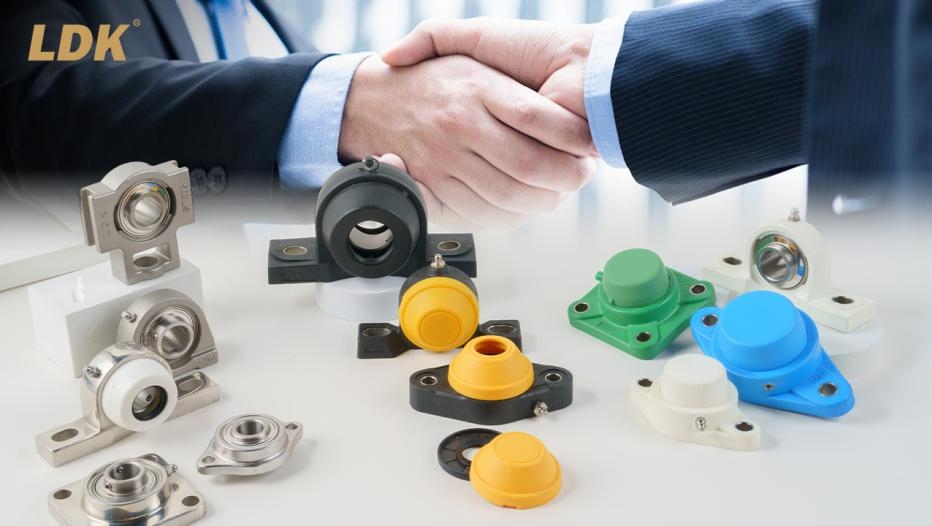
With breakthroughs in materials, lubrication, sealing, and corrosion resistance, LDK Bearing provide safer, more reliable solutions for food processing companies worldwide. Whether enhancing equipment safety, extending service life, or reducing maintenance costs, LDK Bearing
remain a trusted partner for businesses.
